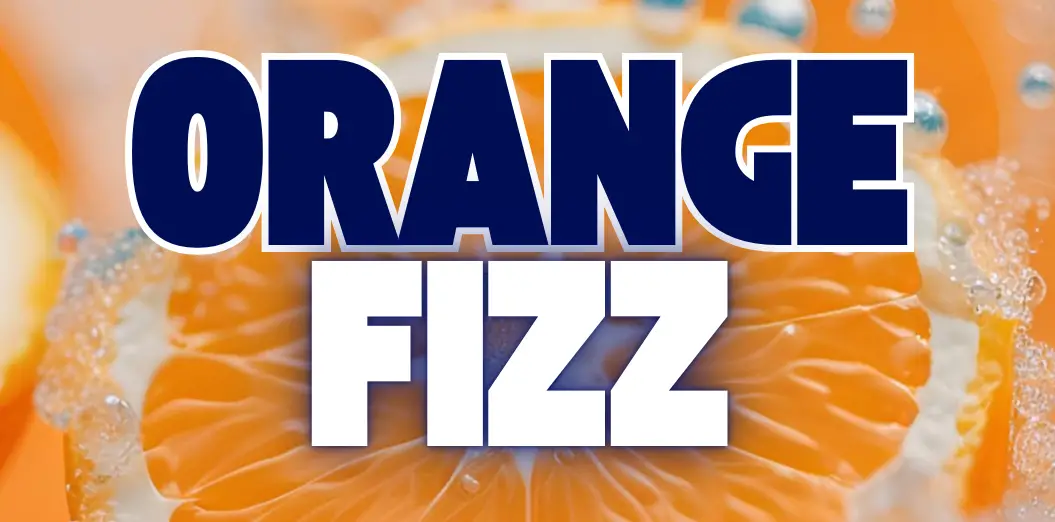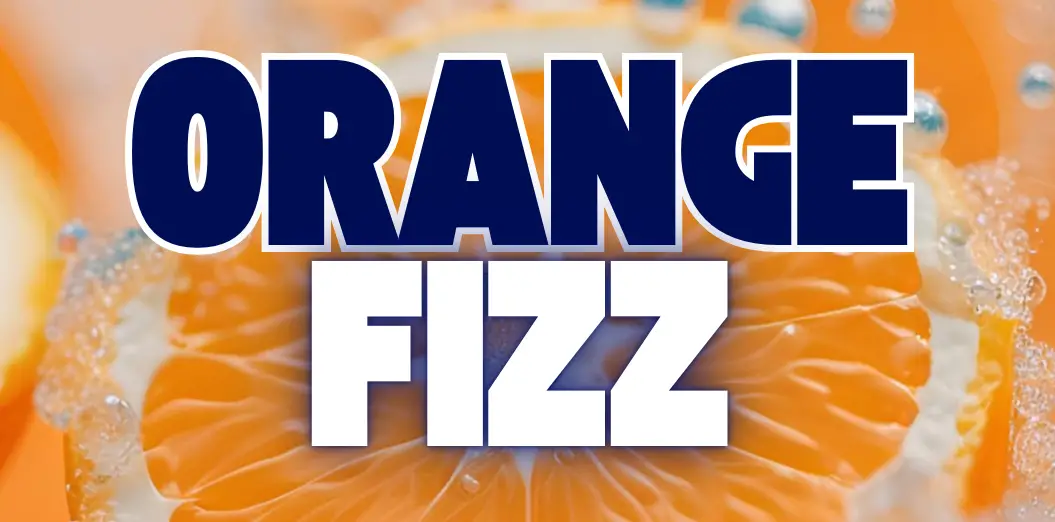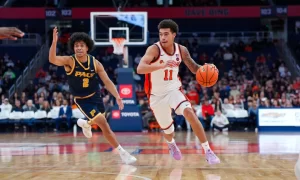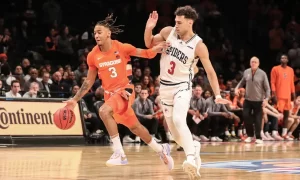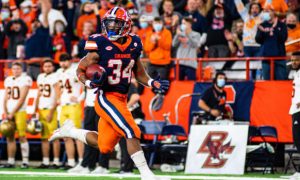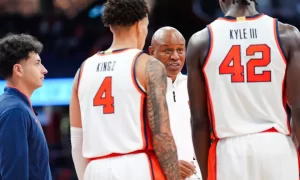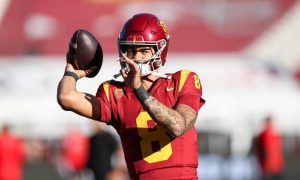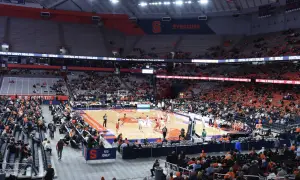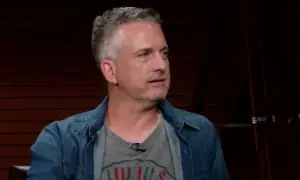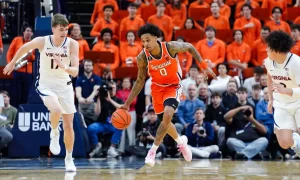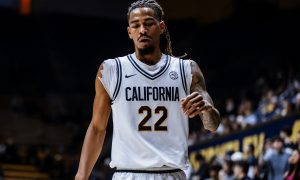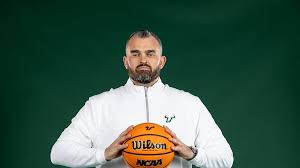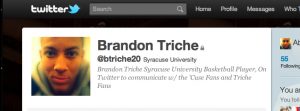 Syracuse athletes running into trouble using Twitter added another page to the playbook when basketball players tweeted several times this week using the hashtag #Cusehoes. Brandon Triche, usually known for his maturity, wrote:
Syracuse athletes running into trouble using Twitter added another page to the playbook when basketball players tweeted several times this week using the hashtag #Cusehoes. Brandon Triche, usually known for his maturity, wrote:
#Cusehoes was confused when they read their tweets and seen ppl sayin they watching the game…they turnt right to BET
#Cusehoes start at the age of 12 lol
#Cusehoes washed up, out of shape, re-re-recycled..
The musings of a college kid? Yeah. Certainly not the worst thing said on Twitter. Heck, it’s probably not the worst thing said by a Syracuse basketball player this week. But Triche’s profile says he wants to “communicate with the ‘Cuse fans.” Are these the thoughts fans want to be hearing from their starting guard?
It reflects poorly on the athletics department and university as a whole. It‚Äôs time for ‘Cuse to lay down a more uniform and strict social media policy like several other schools have.
The list of SU athletes’ insensitivity on Twitter is lengthy. Scoop Jardine joked about groupies and sexual advances despite being arrested for assault in ’08. His twitter account was later deactivated (the charge was eventually dropped). Mookie Jones used twitter to complain about his coaches and then engage in a feud with former Syracuse talk show host Danny Parkins.
Brice Hawkes had several graphic tweets¬†along with a profile picture highlighting his ‚ÄúI Love Vagina‚Äù t-shirt. You can’t prevent SU athletes from using Twitter entirely. It has to be done with tact because social media is how students converse today and a drastic shutdown could anger them and turn potential recruits off.
But these repeat incidents prove a stricter form of monitoring and official policy is needed. Syracuse wouldn’t be the first team to implement ones since schools such as Missouri and Villanova have banned their basketball players from tweeting during the season. Syracuse should follow suit with that restriction. It may seem controversial, but will eliminate many of the distractions and potential controversy twitter has seemed to create.
A Syracuse athlete I spoke with said each team has a seminar that includes a video and speaker on the dangers of social media, but clearly that isn’t enough. Syracuse should institute an official policy that more strictly disciplines these athletes for irresponsible and offensive tweets. The first time a player makes an inappropriate comment on social media, their account is deactived for a month and the second time it’s gone for good.
This may seem strict for a group of college kids who may not realize the public access to their thoughts. But student-athletes are unique for a few reasons. Some are getting $200,000 worth of free education and all have access to tutors and facilities the average student couldn’t dream of. They are also public figures who drive revenue into the university and become the faces of the school. It’s simply irresponsible to allow them to damage the reputation of the program and themselves with foolish comments.
One athlete I spoke with said:
“I think SU should have more uniform social media policy, however I believe if an athlete has already violated the policy they should suffer more strict consequences. There should also be an athlete wide preseason meeting with firm guidelines.”
Another student-athlete had a different take:
“We are just college kids like everybody else. How can you police us more strictly than the rest of the kids in school just because we play sports?”
Chandler Jones is a great example of what a Syracuse student-athlete should aspire to. The Fizz ran some of his sillier tweets and Jones was upset. But we later mended fences and Jones admits it made him realize his personal thoughts were public to everyone.
“My mom used to tell me, ‘you never know who’s watching’… This experience (with The Fizz) taught me to change my tweets. I started tweeting more motivational things, or most of the time I tweet about what I’m listening to and less to my personal life.”
Jones has become a terrific representative for Syracuse. He’s smart, engaging and has made good use of Twitter. But unfortunately, he’s the exception to the rule. If the school doesn‚Äôt make sure to carefully monitor the athletes in various social media it can (and has) been damaging.
Posted: Alex Plavin
